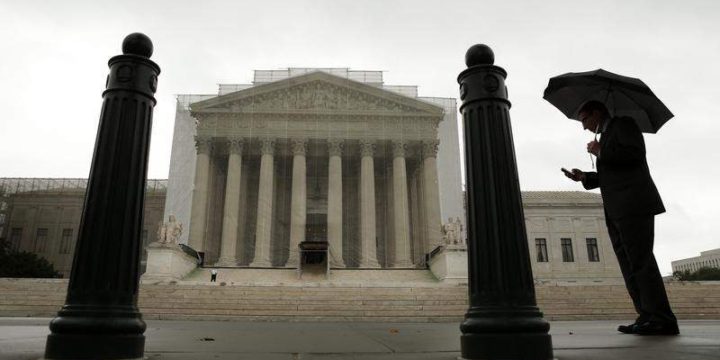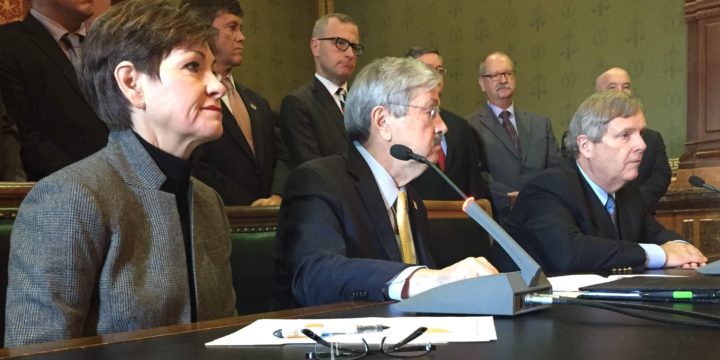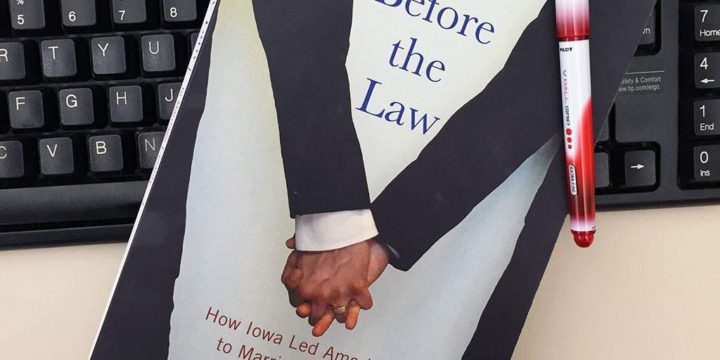
Should punishment fit the crime or the risk?
A bill intended to drastically reform punishment for domestic violence has quickly moved through the legislature this year. While good-intentioned, it opens the door for use of risk assessments in sentencing, and uses ineffective mandatory minimums. House File 2399 passed the Iowa House in March, 82-12. It was amended by the Senate to expand the definition of stalking, include GPS monitoring as stalking and classify dating violence as domestic abuse before being passed unanimously on April 6. The Senate also included mandatory-minimum punishments for stalking, harassment and repeat offenders. The House must take up the amended version before it is passed to Gov. Terry Branstad’s desk. The bill, according to the Legislative Services Agency, would require abusers to undergo mandatory risk assessment. The assessment would be developed and validated by…









